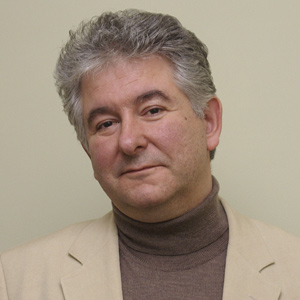
Martinů Cello Sonatas Nos 1-3 Johannes Moser (cello), Andrei Korobeinikov (piano) Pentatone PTC 5187 007 59:51 mins
Martinů’s three cello sonatas are among his finest chamber works. Composed in the spring of 1939, the First Sonata is shadowed by anxiety at the approach of World War II. Johannes Moser and Andrei Korobeinikov capture superbly the determination of the outer movements and its occasional moments of pure radiance. Three years later, having escaped Europe, Martinů wrote his Second Cello Sonata living in much more settled circumstances in and around New York. The work reflects the relaxed happiness he felt in the company of its dedicatee, the Czech cellist and pupil of Janáček, Frank Rybka with whom he stayed for many months. Moser and Korobeinikov once again get to the heart of the work’s combination of assertive development as well as the often generous lyricism which looks forward to the symphonic works of the 1940s. Both players grasp instinctively the catchy, irregular rhythms that characterise many of the melodic lines and which the composer was keen should lie at the heart of any successful performance.
The Third Sonata was composed ten years later in France in memory of Martinů’s friend, the cello virtuoso Hans Kindler. The duo bring genuine depth to the sweetly elegiac opening of the first movement. Much of the remainder of the Sonata has an infectious impetus often reminiscent of the Sixth Symphony composed at the same time. The recording provides a fine balance between the instruments and as a whole these performances bring together affection and brilliance in persuasive readings that stand high in a strong field.
Jan Smaczny
